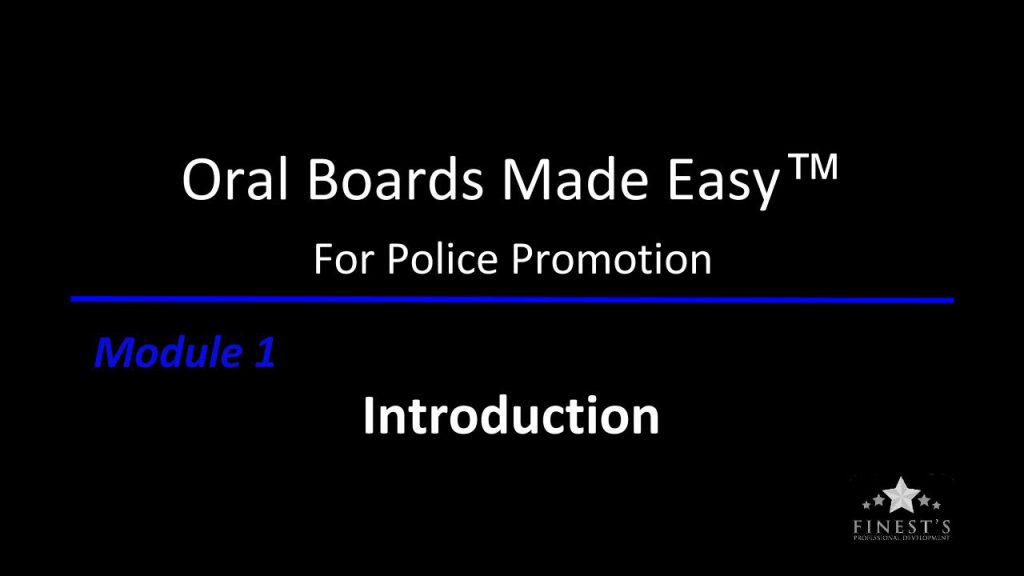Police Captain Generation Gap Question
If you are pursuing a captain promotion, it is likely that you have a significant amount of law enforcement experience. Certainly, police oral board questions and answers are more challenging at the captain level than they would be for a corporal or sergeant, and rightfully so. Your experience to this point should have included professional growth. Police oral board questions and answers for a captain may become more abstract as well. The experience that you have will put you somewhere in the middle of the age or generation spectrum in your agency, meaning you will have some personnel who started their law enforcement career prior to you and under different expectations as well as newer employees who were indoctrinated differently than you and the most senior officers. For that reason, applying a one-size-fits-all response may be less than optimal for a question pertaining to generations.
“I just wanted to reach out and let you know that after completing and studying your program, I was selected as the next Sergeant for my agency. I want to say thank you and want to reiterate that your program is amazing!”
-Promoted to Sergeant in Illinois
ANSWER TRANSCRIPT:
Police Captain Generation Gaps
“As a captain I will be responsible for a large composition of people from supervisors, to frontline officers, to civilian personnel. Obviously, these people will have different ages, different backgrounds, different education and work experiences, and different ability levels. Regardless of the differences, my responsibility will be to influence these employees in a way that represents the mission and messages of the chief and command staff.
There are both benefits and cautions that I must consider when I reference people by a generational label. The benefits come from generational characteristics that provide high-probability understanding of individuals. For example, it is nearly irrefutable that baby boomers had less exposure to technology as entry-level workers than the technology exposure that was and is available to the current younger generation of employees. That technology exposure is neither good nor bad, but it is helpful for me as a manager in understanding the background of my assigned personnel. And this goes beyond technology; there is a high likelihood that the manner in which employees in each generational group interact are influenced by their age. We know that governmental trust started to erode in the 60’s and 70’s, the demographics of our nation have become more diverse over the last 50 years, and how people travel and socialize has evolved over the span of generations that you mentioned.
For me to be effective as a captain I must appreciate the understanding that generational labeling can provide while simultaneously avoiding the pitfalls of generational labeling. The number one rule that I apply to accomplish this goal is to remind myself that people, despite their generations, are employees who are individuals first.
Individuals need leadership regardless of the generation into which they fall. That leadership comes from clear expectations, genuine caring and support, feedback, and a high level of communication. When possible, I craft my wide distribution emails and memos so that they effectively communicate to the largest possible segment of my audience. When it comes to individual communication, this is where understanding a person’s life and work experience, concerns in and out of work, and the positive influence I am seeking to have will all affect the manner in which I interact with that individual.
The best way that I can describe my managing across generations is that I value – and will use when appropriate – that which researchers have conveyed about generational strengths, weaknesses, and traits, but at the end of day, each person who reports to me – and for that matter – to whom I report – is an individual. And the better I understand each person as an individual, such as what they need, what they want, and the challenges they are facing regardless of the generation they represent, the more effective I will be in my role as a captain.
And that is how I will seek to be effective in leading and managing at the rank of captain.”








